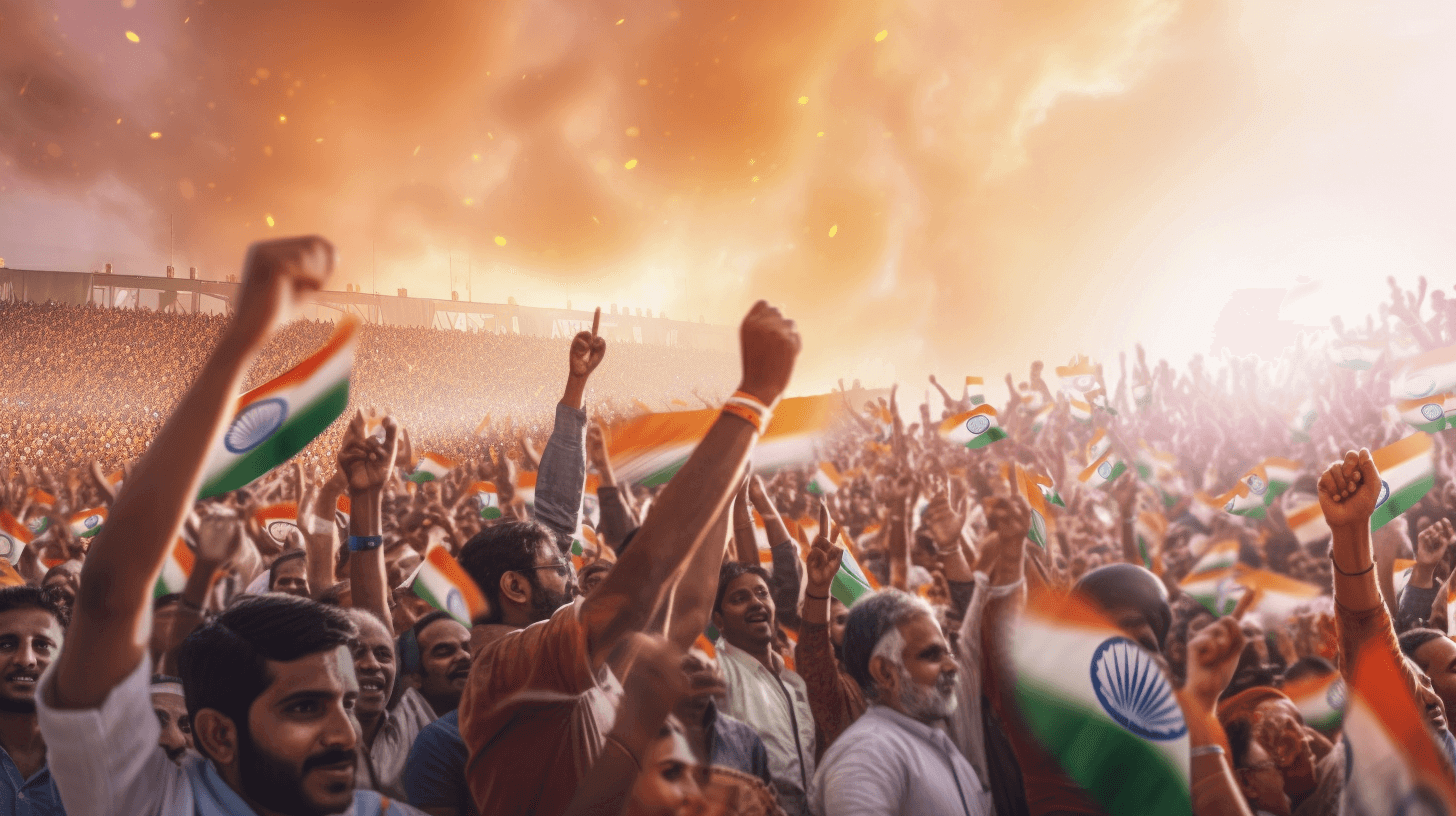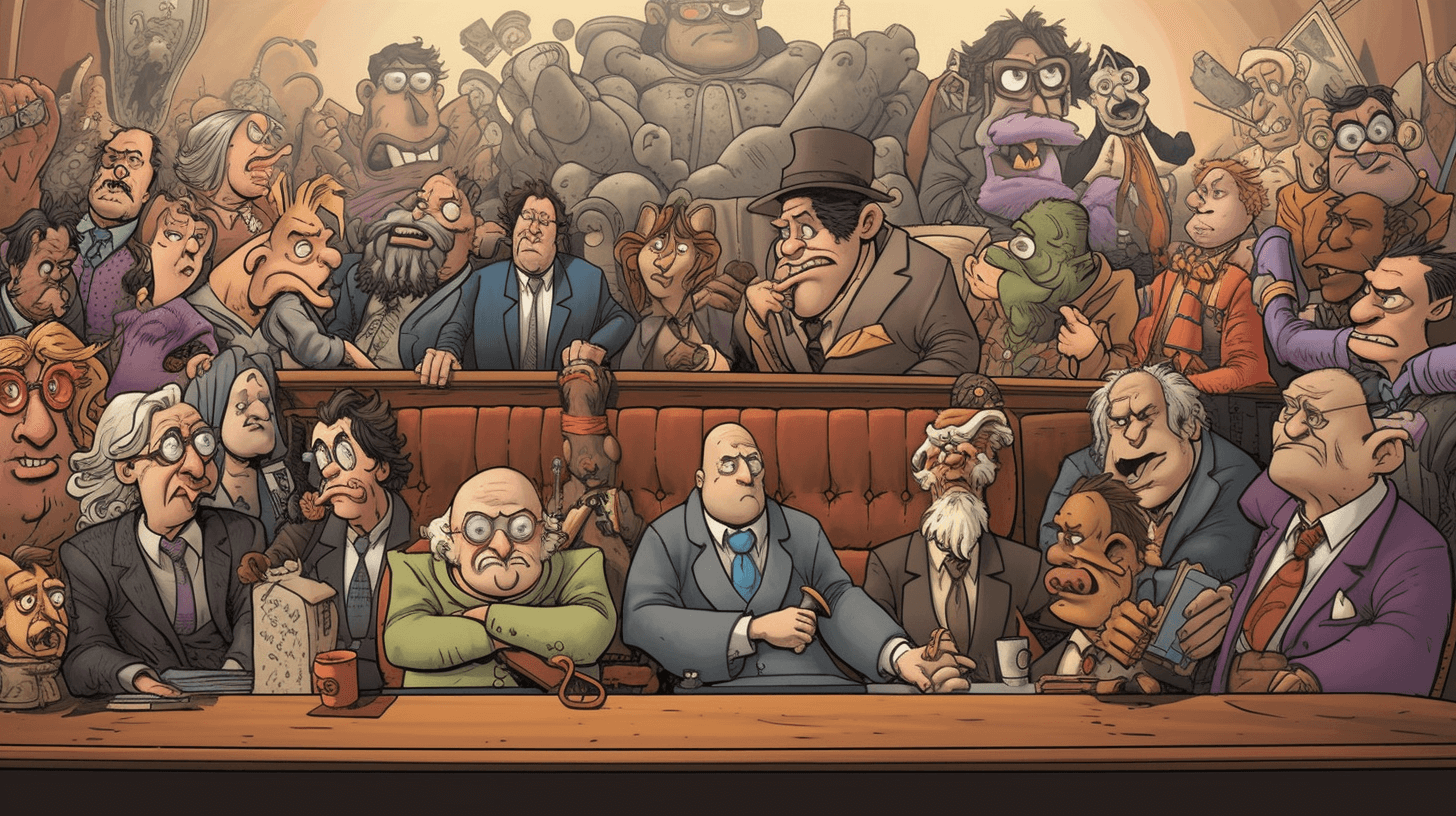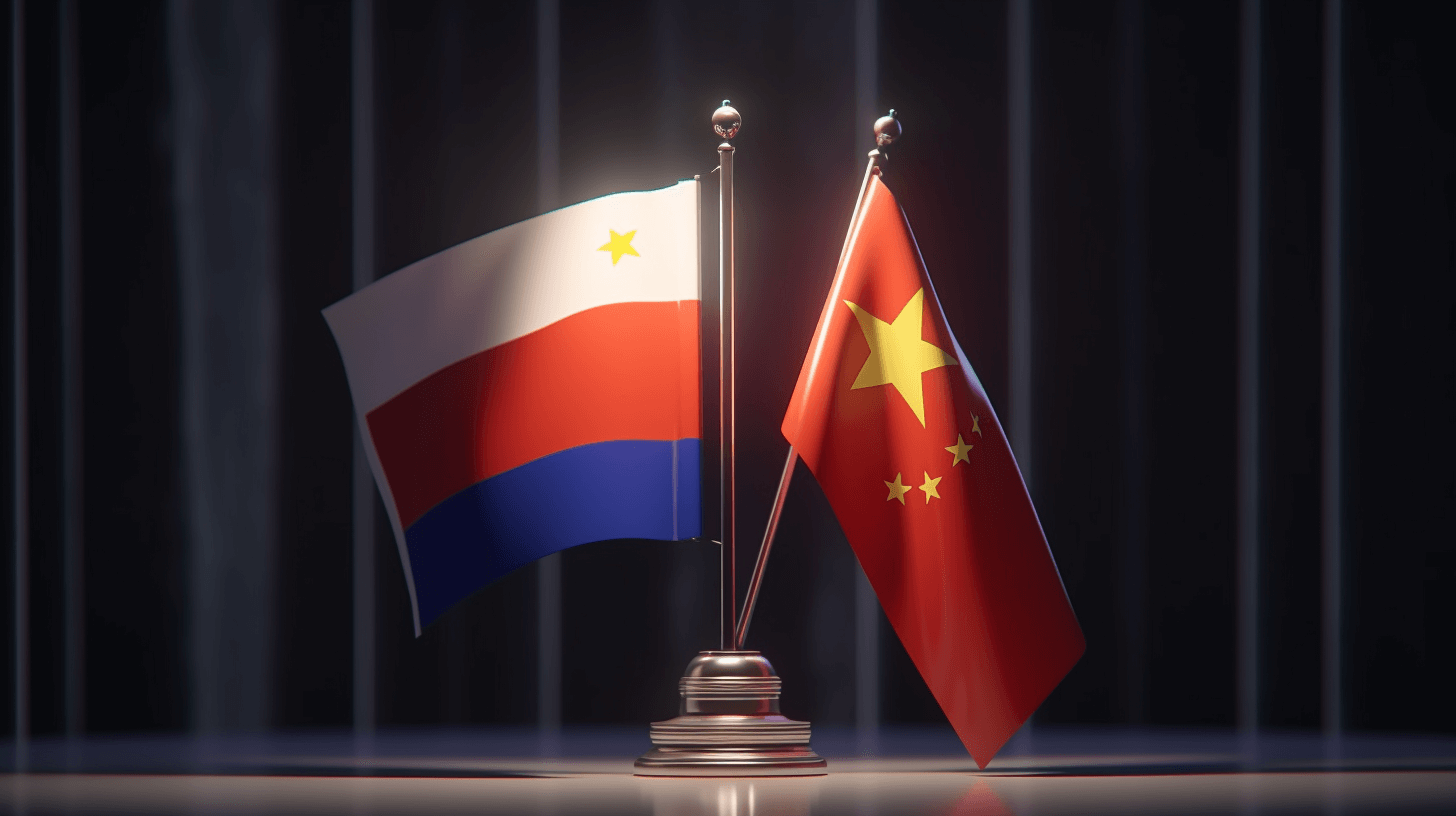🎯📚🗳️ GOP Stay Try Take Down Da Kine Researchers Wea Study Da Kine Fake Kine Stories Befo’ 2024 Election
Eh, da GOP stay launch legal kine attacks on top da universities an’ t’ink tanks, cuz dey stay fight against all da kine false claims ’bout elections, vaccines an’ oddah hot political tings, no joke 😷🧪🤯. Up dea on Capitol Hill an’ in da courts, da Republican lawmakers an’ activists stay make all kine legal moves against da universities, private companies an’ t’ink tanks wea study how da fake stories spread. Dey stay accuse ‘um of colluding wit da government fo’ suppress conservative speech online 🗣️📡.
Dey stay burden da targets wit big kine requests fo’ information an’ even subpoenas, demanding all da kine notes, emails, an’ oddah stuffs related to social media companies an’ da government dating back to 2015 📑📅. Fo’ comply, stay take choke time an’ resources, already affecting da groups’ ability fo’ do research an’ raise money, according to couple peeps involved.
Plenny guys warned dat dis campaign stay undermine da fight against fake news in American society wen da problem stay, by most accounts, on da rise — an’ wen anodah presidential election stay just around da corner 🌎📈🗳️. Plenny of da guys behind da Republican effort wen also join da former President Donald J. Trump in falsely challenging da outcome of da 2020 presidential election.
One House Judiciary Committee, now undah Republican majority control, wen send choke letters an’ subpoenas to da researchers. Dey wen even threaten legal action against those who nevah respond quick or fully enough ⏰📬.
One conservative advocacy group led by Stephen Miller, da former adviser to Mr. Trump, filed one class-action lawsuit last month in U.S. District Court in Louisiana dat stay echo many of da committee’s accusations an’ stay focus on some of da same defendants 👨⚖️🏛️.
Da targets include Stanford, Clemson an’ New York Universities an’ da University of Washington; da Atlantic Council, da German Marshall Fund an’ da National Conference on Citizenship, all nonpartisan, nongovernmental organizations in Washington; da Wikimedia Foundation in San Francisco; an’ Graphika, one company dat researches fake news online 🎓🔬.
Da committee’s chairman, Representative Jim Jordan of Ohio, one close ally of Mr. Trump, wen accuse da organizations of “censorship of disfavored speech” involving issues dat have galvanized da Republican Party: da policies around da Covid-19 pandemic an’ da integrity of da American political system, including da outcome of da 2020 election 🇺🇸🗣️.
If da lawsuit go forward, dey could face trial an’ possibly, gotta pay up if da accusations are upheld 💸💰.
Da group behind da class action, America First Legal, wen name as defendants two researchers at da Stanford Internet Observatory, Alex Stamos an’ Renée DiResta; one professor at da University of Washington, Kate Starbird; one executive of Graphika, Camille François; an’ da senior director of da Atlantic Council’s Digital Forensic Research Lab, Graham Brookie 🎯📚.
Da House Judiciary Committee stay focus plenny of da questioning on two kine collaborative projects. One was da Election Integrity Partnership, wea Stanford an’ da University of Washington wen form befo’ da 2020 election fo’ identify attempts “to suppress voting, reduce participation, confuse voters or delegitimize election results without evidence.” Da oddah, also organized by Stanford, was called da Virality Project an’ focused on da spread of fake kine news about Covid-19 vaccines 📚🧫💉.
Dese topics stay political lightning rods, making da researchers targets of partisan attacks online dat stay get personal at times 🎯🖥️😡.
Da committee’s main assumption of da investigation, an’ da oddah complaints about censorship, is dat da researchers or government officials get da power or ability fo’ shut down accounts on social media. But no more evidence dat government officials wen force da companies fo’ take action against accounts, even wen da groups flagged problematic content 📝📊🔍.
Da universities an’ research organizations stay try comply wit da committee’s requests, even though da collection of years of emails stay one time-consuming task made more complex by issues of privacy. Dey facing big kine legal costs an’ questions from directors an’ donors about da risks raised by studying fake news. Online attacks also stay take toll on morale an’, in some cases, stay scare away students 😓📚💻.
But fo’ real, da whole ting stay affecting not only da researchers but also da social media giants. Twitter, undah Mr. Musk, stay make one point of lifting restrictions an’ restoring accounts dat wen get suspended. YouTube recently announced dat it no going ban videos dat make “false claims dat widespread fraud, errors or glitches occurred in da 2020 and oddah past U.S. presidential elections” 🐦🎥💡.
NOW IN ENGLISH
🎯📚🗳️ GOP Continues Efforts to Challenge Researchers Studying the Spread of Misinformation Ahead of 2024 Election
Indeed, the GOP is launching legal assaults on universities and think tanks as they fight against misinformation about elections, vaccines, and other hot-button political issues, no kidding 😷🧪🤯. Both on Capitol Hill and in the courts, Republican lawmakers and activists are making legal maneuvers against universities, private companies, and think tanks that study the dissemination of fake stories. They are accusing them of colluding with the government to suppress conservative speech online 🗣️📡.
They are burdening the targets with extensive requests for information and even subpoenas, demanding notes, emails, and other documents related to social media companies and the government dating back to 2015 📑📅. Compliance requires a significant amount of time and resources, already impacting the groups’ ability to conduct research and fundraise, according to several people involved.
Many have warned that this campaign may undermine the fight against fake news in American society when the problem is, by most accounts, increasing — and another presidential election is just around the corner 🌎📈🗳️. Many of those behind the Republican effort also joined former President Donald J. Trump in falsely challenging the outcome of the 2020 presidential election.
One House Judiciary Committee, now under Republican majority control, sent numerous letters and subpoenas to the researchers. They even threatened legal action against those who did not respond quickly or fully enough ⏰📬.
One conservative advocacy group led by Stephen Miller, the former adviser to Mr. Trump, filed a class-action lawsuit last month in U.S. District Court in Louisiana that echoes many of the committee’s accusations and focuses on some of the same defendants 👨⚖️🏛️.
The targets include Stanford, Clemson and New York Universities, and the University of Washington; the Atlantic Council, the German Marshall Fund, and the National Conference on Citizenship, all nonpartisan, nongovernmental organizations in Washington; the Wikimedia Foundation in San Francisco; and Graphika, a company that researches fake news online 🎓🔬.
The committee’s chairman, Representative Jim Jordan of Ohio, a close ally of Mr. Trump, accused the organizations of “censorship of disfavored speech” involving issues that have galvanized the Republican Party: the policies around the Covid-19 pandemic and the integrity of the American political system, including the outcome of the 2020 election 🇺🇸🗣️.
If the lawsuit proceeds, they could face trial and possibly have to pay damages if the accusations are upheld 💸💰.
The group behind the class action, America First Legal, named as defendants two researchers at the Stanford Internet Observatory, Alex Stamos and Renée DiResta; a professor at the University of Washington, Kate Starbird; an executive of Graphika, Camille François; and the senior director of the Atlantic Council’s Digital Forensic Research Lab, Graham Brookie 🎯📚.
The House Judiciary Committee has focused much of the questioning on two collaborative projects. One was the Election Integrity Partnership, where Stanford and the University of Washington formed before the 2020 election to identify attempts “to suppress voting, reduce participation, confuse voters, or delegitimize election results without evidence.” The other, also organized by Stanford, was called the Virality Project and focused on the spread of misinformation about Covid-19 vaccines 📚🧫💉.
These topics are political lightning rods, making the researchers targets of partisan attacks online that can become personal at times 🎯🖥️😡.
The committee’s main assumption in the investigation, and other complaints about censorship, is that the researchers or government officials have the power or ability to shut down accounts on social media. But there’s no evidence that government officials have compelled the companies to take action against accounts, even when the groups flagged problematic content 📝📊🔍.
The universities and research organizations are trying to comply with the committee’s requests, even though the collection of years of emails is a time-consuming task made more complex by privacy issues. They are facing significant legal costs and questions from directors and donors about the risks raised by studying fake news. Online attacks are also taking a toll on morale and, in some cases, deterring students 😓📚💻.
In fact, the situation is affecting not only the researchers but also the social media giants. Twitter, under Mr. Musk, has made a point of lifting restrictions and restoring accounts that have been suspended. YouTube recently announced that it will not ban videos making “false claims that widespread fraud, errors, or glitches occurred in the 2020 and other past U.S. presidential elections” 🐦🎥💡.







